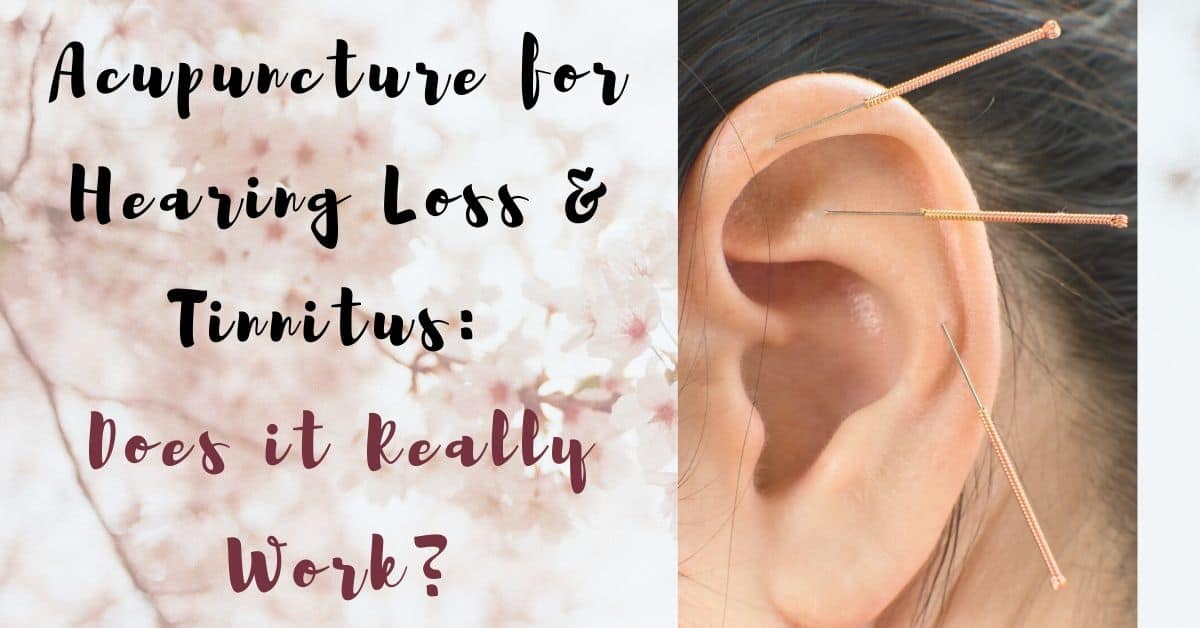- Understanding the Impact of Noise Pollution on Hearing Health - June 4, 2025
- Can Swimming With Hearing Aids Be Safe? - May 7, 2025
- Why Hydration Matters for Hearing Health - April 9, 2025
Hearing loss is a gradual phenomenon in most people. There are very rare instances where it has happened overnight, such as in case of head trauma or sudden illness. Most people who experience hearing loss are not aware that they have a loss as the condition slowly becomes more acute over time. In the mean while the brain compensates for the deficiency in hearing. With time, the loss becomes obvious to you as well as your friends and family. You may put off hearing test at first as many people live years in denial that they have a hearing loss. Sadly, this can only make matters worse.
Impacts of Untreated Hearing Loss
Socially, hearing loss is mistaken for aloofness or snobbery when you fail to respond to a greeting. At work, colleagues may think you’re bored or burned out. Few will guess it’s hearing loss, because we don’t acknowledge hearing loss if we can possibly avoid it. Physically, the noise and/or aging that caused your hearing loss — by destroying the tiny hair cells in your inner ear — has also left other hair cells vulnerable. Unless you start being more careful about noise exposure, your hearing loss will accelerate. Psychologically, you’re at a greater risk of cognitive decline and dementia.
Tinnitus
Tinnitus is an ear condition where the person hears noise that does not literally exist externally. It is often described as a ringing, buzzing, roaring, clicking, humming, pulsing, or hissing sound, or any combination of these sounds. You may hear it in one or both ears. The sound may be present all the time or turn off and on. The cause of tinnitus is unknown. One idea is that tinnitus results from damage to the cells of the inner ear. This stems from the fact that about 90 percent of people with tinnitus have some hearing loss caused by noise. While there are many ways to treat tinnitus, there is no proven cure.
Acupuncture
There are many holistic approaches to treating hearing loss and one such approach is the oldest Chinese tradition called Acupuncture. Acupuncture is a form of treatment that involves inserting very thin needles through a person’s skin at specific points on the body, to various depths. Research suggests that it can help relieve pain, and it is used for a wide range of other complaints. Traditional Chinese medicine explains that health is the result of a harmonious balance of the complementary extremes of “yin” and “yang” of the life force known as “qi,” pronounced “chi.” Illness is said to be the consequence of an imbalance of the forces.
Qi is said to flow through meridians, or pathways, in the human body. These meridians and energy flows are accessible through 350 acupuncture points in the body. Inserting needles into these points with appropriate combinations is said to bring the energy flow back into proper balance. Numerous studies, although lack scientific evidence, have shown that acupuncture is very effective in treating tinnitus or at least moderately effective in curing hearing issues.
Does Acupuncture Help Relieve Tinnitus and Improve Hearing?
Additionally, studies have shown that acupuncture has the ability to alter brain chemistry. Acupuncture helps change the release of neurotransmitters that are responsible for impacting central nervous system. As a result, the person’s blood pressure, body temperature and blood flow are regulated which are all important in the optimal functioning of hearing. Note that, hearing loss may also be triggered by certain illnesses such as diabetes, blood pressure and obesity, so any changes that happen to the body that positively influence these conditions will go a long way in treating hearing loss or tinnitus as well. A number of studies have looked at acupuncture as a treatment for tinnitus. Results are mixed, but many recent studies suggest acupuncture may decrease the intensity of tinnitus, boosting quality of life.
Seeking Treatment for Hearing Loss and Tinnitus
While acupuncture has helped many ease problems with their hearing loss and tinnitus there is no substitute for the best treatment for hearing loss- hearing aids. Feel free to supplement with acupuncture but hearing aids will help you in the day-to-day making it easier for you to communicate and make it more possible for you to be a part of daily activity. Contact us at Coweta Hearing & Balance Clinic to set up an appointment for a hearing test. We can help you find the best hearing aids for your specific needs.

